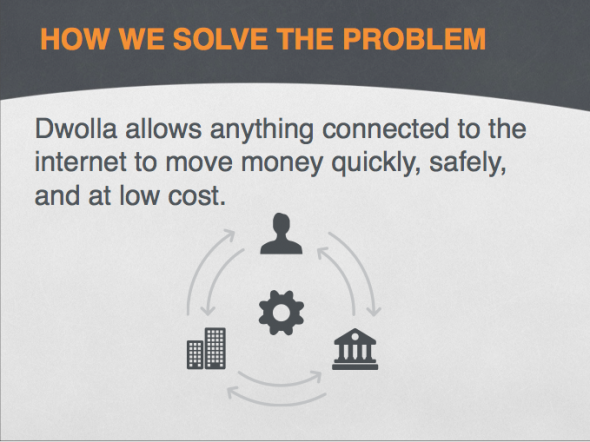Lessons from early LinkedIn ...
Adam Rifkin stashed this in Rejection

Stashed in: Startups, LinkedIn, FAIL, #success, @reidhoffman, Startup Lessons, Einstein, STFU!
Started in early 2002, pitched to 26 VC's but only two "offered to lead".
Launched product in May 2003. Reid Hoffman says if you're not embarrassed by the first version of your product, you're waiting too long to release it.
It took till the end of 2004 for LinkedIn to pass one million user accounts.
For more, read: http://www.businessinsider.com/the-story-of-linkedins-stunning-success--as-told-by-the-people-who-were-there-2011-6?op=1
An early LinkedIn exec says, "Companies that look successful don't always look that way in the first couple of years."
This reminds me of the failure Convo: http://pandawhale.com/convo/117/ive-failed-over-and-over-and-over-again-in-my-life-and-thats-why-i-succeed-michael-jordan
And how do I learn to fail better? http://pandawhale.com/convo/145/how-do-i-learn-to-fail-better
An early LinkedIn exec says, "On January 1, 2005, [the] company had no revenue. No one really had any confidence with how the company was going to make money."
Steve Carpenter wrote up the list of consumer Internet business models: http://worldaccordingtocarp.wordpress.com/2010/10/14/techcrunch-teardown-13-consumer-internet-business-models-part-i/
Still it's interesting to see that a now-successful consumer Internet company had no revenues almost three years into its existence. They had ideas, and figured it out.
What's tricky, specifically with LinkedIn, is that it's business depends on adoption of new ways to connect socially, in a meaningful way. Becoming a rock star on Twitter, one need only share their enjoyment of the local ice cream shop, distaste for the recent terrible movie, and muse on why their dad buys pink toilet paper. LinkedIn, by contrast, required wide adoption of a product that requires a great deal of time and energy by the user, in an area of our lives that most people find frustrating and soul crushing: job hunting.
I think the real trick is pinpointing how different tech products will encounter different barriers of entry.
Since most people search for a job once every few years, early LinkedIn had the challenge that most "users" didn't touch their accounts for years at a time.
Nonetheless, they had the strength of their conviction and kept iterating, eventually adding engaging feeds like the tweets of the LinkedIn members I'm connected to.










3:11 PM Jun 15 2011